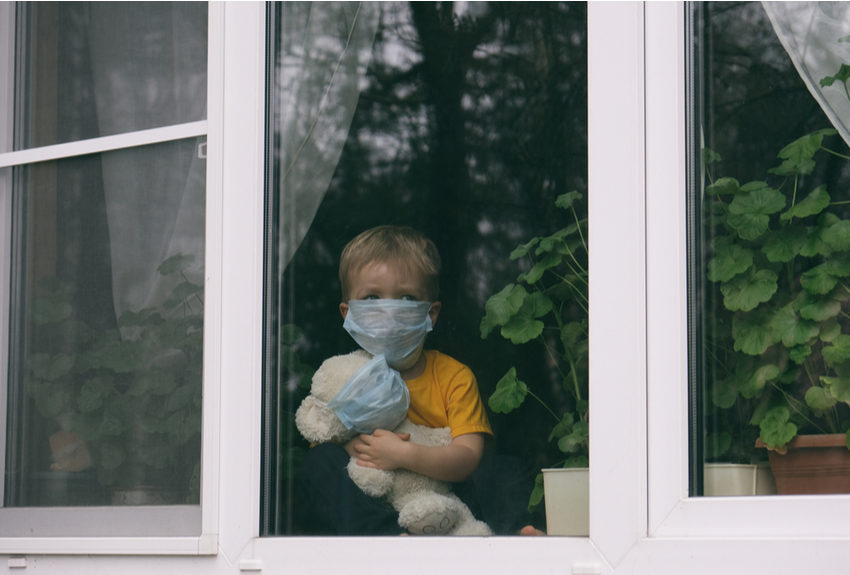Since its emergence in late 2019, disease specialists have been frantically trying to understand the Coronavirus and how to stop it. While we’ve come a long way since then, researchers are only just beginning to develop a complete picture of COVID-19 and its overall effects on public health. With that being said, some key factors have emerged. It’s been reported that COVID-19 patients have higher rates of mental illness than those who have had other medical conditions. In fact, coronavirus patients have been diagnosed with mental health issues at rates similar to other trauma survivors.1
People who have endured severe COVID-19, who have seen others suffer from it, or have lost a loved one to the disease may be more prone to post-COVID stress issues. Much like the American Psychological Association’s description of post-traumatic stress disorder (PTSD), post-COVID stress issues come from exposure to harmful events like death, injuries or violence. Workers dealing with trauma up close are also among those affected, such as first responders, medical examiners, hospital staff and journalists.3 The loss of a relationship, a home or a job may also act as triggers for such stress.
Up to twenty percent of intensive care unit (ICU) survivors have been found to develop PTSD.2 Some therapists have compared the level of COVID-19 ICU patients’ avoidance, a common reaction to trauma in which an individual avoids thoughts or feelings related to a traumatic event, to that of combat veterans.4
COVID-19 is also giving rise to other PTSD-like symptoms including:
- Memory loss
- Troubling memories
- Nightmares
- Insomnia or difficulty sleeping
- Sudden irritability or hypersensitivity
- Doom and gloom thinking
- Reliving the traumatizing event
Another major risk factor is distress from involvement in incidents the sufferer sees as wrong, known as moral injury. They may experience feelings such as shame or guilt. For example, a doctor facing a shortage of ventilators who must choose which patient needs help with their breathing most, can see the lack of equipment as unjust and feel ashamed.
Evidence has shown that social support helps protect against these PTSD symptoms. Unfortunately, social distancing restrictions have limited social interaction, affecting some sufferers’ abilities to cope.
Getting help when you’re feeling distressed
If you think you may be experiencing PTSD symptoms arising from COVID or otherwise, it’s important to get help before the condition worsens. Failure to do so can harm relationships, erode self-esteem and lead to substance misuse, other mental health disorders or destructive situations.
Therapies that have proven effective in treating PTSD, anxiety, and cognitive impairment include:
- Acceptance and commitment therapy
- Cognitive-behavioral therapy (CBT)
- Group therapy
- Peer support
Antidepressants may also ease symptoms for some people, especially those who have already been diagnosed with depression. Cognitive processing therapy can help patients change their perspectives on traumatic events like an ICU stay that leads to nightmares. The right therapy depends on the patient’s needs and the right provider will try to address them to relieve their symptoms.
If you struggle to cope, we’re here to help. Contact us today. Need help now? Call our 24-hour Crisis Hotline: (518) 483-3261 or (518) 891-5535.


 Previous Post
Previous Post

